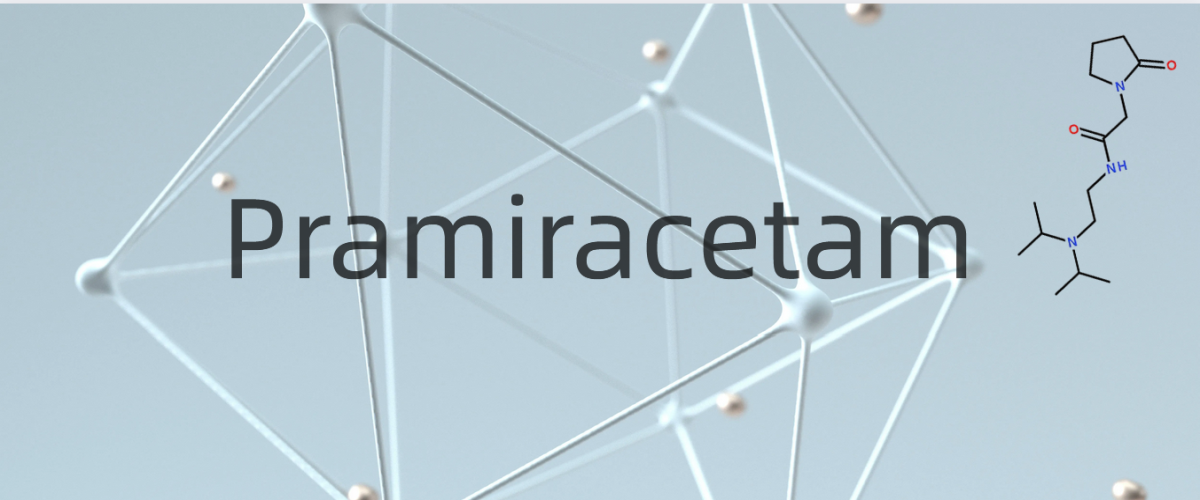Cognitive ability refers to the human ability to process information, remember, learn, understand and solve problems. It is an essential and important factor for an individual to be successful at work and in life. The impact of how to improve cognitive ability has important implications for personal achievement and well-being.
In this information age, we have to receive a lot of information every day. The brain not only needs to receive the information, but also to process and record the information. Under such a strong workload, it is necessary to improve the cognitive ability of the brain. Cognitive enhancement can help individuals improve memory, both short-term and long-term. You're better able to remember and recall information, improving learning and productivity.
From a scientific point of view, cognitive ability is a relatively stable concept, but research shows that individuals can improve their cognitive ability through some strategies and training. This is important because it means that we are not doomed to have a certain cognitive ability, but that we can actively improve it through conscious actions.
So, what exactly is Pramiracetam? Pramiracetam is a synthetic compound that belongs to the family of racemates. Pramiracetam was developed in the 1970s and has been extensively studied for its cognition-enhancing properties. It is believed to work by stimulating specific receptors in the brain associated with learning and memory processes, thereby improving overall cognitive function.
Pramiracetam enhances memory formation and retrieval. Studies have shown that pramiracetam can significantly improve both short-term and long-term memory. This is especially helpful for students and individuals looking to improve their overall cognitive abilities.
Also improves concentration and focus. Many users report that Pramiracetam helps them stay alert and focused for longer periods of time, making it ideal for individuals who need to be highly focused at work or school.
It has been reported to enhance an individual's ability to think clearly, process information quickly, and make logical connections. These effects may be attributed to pramiracetam's effects on acetylcholine receptors in the brain, a neurotransmitter that plays a crucial role in cognitive processes.
Learn about Pramiracetam:
Pramiracetam is a synthetic compound from the racemate family known for its cognitive-enhancing properties. It is widely regarded as one of the most potent and potent nootropics, designed to enhance memory, concentration, and overall cognitive function.
Efficacy and Benefits:
Several studies have examined the efficacy of pramiracetam, highlighting its potential cognitive benefits. A prominent study published in the Journal of Psychopharmacology reported that pramiracetam improved memory and learning in healthy individuals. Participants treated with pramiracetam showed significant improvements in recall tasks, perceptual processing, and long-term memory retention.
Additionally, pramiracetam is thought to enhance working memory, which is essential for tasks that require concentration and mental quickness. By stimulating the release and uptake of acetylcholine, a neurotransmitter critical to memory and learning, pramiracetam has been shown to enhance cognitive performance in individuals with memory impairment.
Additionally, pramiracetam is often touted for its neuroprotective properties. It is thought that this nootropic enhances oxygen utilization and glucose metabolism in the brain, thereby improving brain health and preventing cognitive decline.
Mechanism:
The exact mechanism of action by which pramiracetam exerts its cognitive-enhancing effects is not fully understood. However, it is thought to regulate both the cholinergic and glutamatergic systems, both of which play key roles in cognitive function.
Cholinergic regulation involves the release and uptake of acetylcholine, a neurotransmitter responsible for memory formation and consolidation. By increasing the availability of acetylcholine, pramiracetam is thought to amplify synaptic signaling, thereby promoting enhanced learning and memory.
Glutamate regulation, on the other hand, is associated with the regulation of excitatory neurotransmission. Pramiracetam is thought to enhance glutamate uptake, which promotes improvements in synaptic plasticity and overall brain function.
In the world of cognitive enhancement and nootropic drugs, pramiracetam and piracetam are two popular substances that often steal the show. These compounds belong to a group of synthetic drugs known as racemates, known for their potential cognitive-enhancing effects. Both pramiracetam and piracetam are nootropic drugs that boost brain function, improve memory, enhance focus, and enhance overall cognitive performance. However, despite the similarities, there are some specific differences between the two substances.
1. Chemical composition:
Piracetam, the forerunner of all racemic drugs, was discovered in the 1960s. It consists of a pyrrolidone structure and is a founding member of the racemate family. Pramiracetam, on the other hand, is a derivative of piracetam with a dipropan-2-ylaminoethyl group added to its structure. This slight change makes pramiracetam more effective than piracetam.
2. Efficacy and dosage:
In terms of potency, Pramiracetam is superior to Piracetam. It is estimated to be about 10 to 30 times more potent than its predecessor. Due to its enhanced potency, much lower doses are required for pramiracetam compared to piracetam.
3. Mechanism of action:
Pramiracetam and piracetam both work by affecting the cholinergic system in the brain. They affect the production and activity of neurotransmitters such as acetylcholine, which plays a vital role in memory, learning and other cognitive processes. However, pramiracetam is thought to have a more direct effect on high-affinity choline uptake (HACU) in the hippocampus, the region of the brain responsible for memory formation and retrieval. This unique action of pramiracetam makes it particularly effective for enhancing memory.
4. Cognitive benefits:
Both pramiracetam and piracetam have numerous benefits when it comes to cognitive enhancement. Piracetam is often favored for its ability to improve memory, concentration, and concentration. It is also known to enhance overall cognitive function, making it ideal for individuals looking to enhance their overall mental performance. Pramiracetam, on the other hand, is particularly effective at enhancing long-term memory, improving spatial learning, and increasing concentration.
5. Potential side effects:
Pramiracetam and piracetam are generally well tolerated with a low incidence of side effects. However, individual responses may vary. Common side effects that may occur include headache, gastrointestinal problems, nervousness, and dizziness. These effects are usually mild and temporary, subsiding as the body adjusts to the substance.
When it comes to the dosage of pramiracetam, it must be emphasized that each individual's body chemistry and tolerance may vary. Therefore, dosage may also vary according to individual needs and goals. In general, a typical daily dose of pramiracetam ranges from 500 to 1,200 mg divided into two or three doses throughout the day.
It is recommended to start with the lowest effective dose and gradually increase it if necessary. And evaluate your body's response. If no noticeable effect is observed, the dose can be adjusted upwards to allow your body time to adjust to each dose change.
side effect:
While pramiracetam is generally well tolerated, one must be aware of potential side effects. Reported side effects of pramiracetam are relatively mild and rare, and usually resolve after discontinuation of the compound. These side effects may include:
●Headache: Mild headache is the most common side effect associated with pramiracetam use. Increasing choline intake through dietary sources such as eggs or using choline supplements may help reduce this side effect.
● Gastrointestinal upset: Some users have reported digestive symptoms such as nausea, upset stomach, or diarrhea. Making sure you take pramiracetam with a meal can help minimize these effects.
● Sleep disturbances: Pramiracetam may cause sleep disturbances such as insomnia if taken later in the day. To avoid this, it is recommended to take praracetam earlier in the day or in the morning.
●Anxiety or tension: In rare cases, an individual may experience increased anxiety or tension. If you experience these symptoms, it is recommended to discontinue use and consult a healthcare professional.
Q: How long does it take to experience the effects of Pramiracetam?
A: The onset of Pramiracetam's effects can vary from person to person. While some individuals may start noticing its benefits within a few hours, others may take a few days of consistent use to experience noticeable improvements in cognitive function.
Q: Is Pramiracetam safe for consumption?
A: Pramiracetam is generally considered safe for consumption when taken at the recommended dosage. However, as with any supplement or medication, it is always advisable to consult with a healthcare professional before starting its use, especially if you have any underlying medical conditions or are taking other medications.
Disclaimer: This article is for informational purposes only and should not be considered medical advice. Always consult a healthcare professional before using any supplements or changing your healthcare regimen.
Post time: Aug-11-2023








